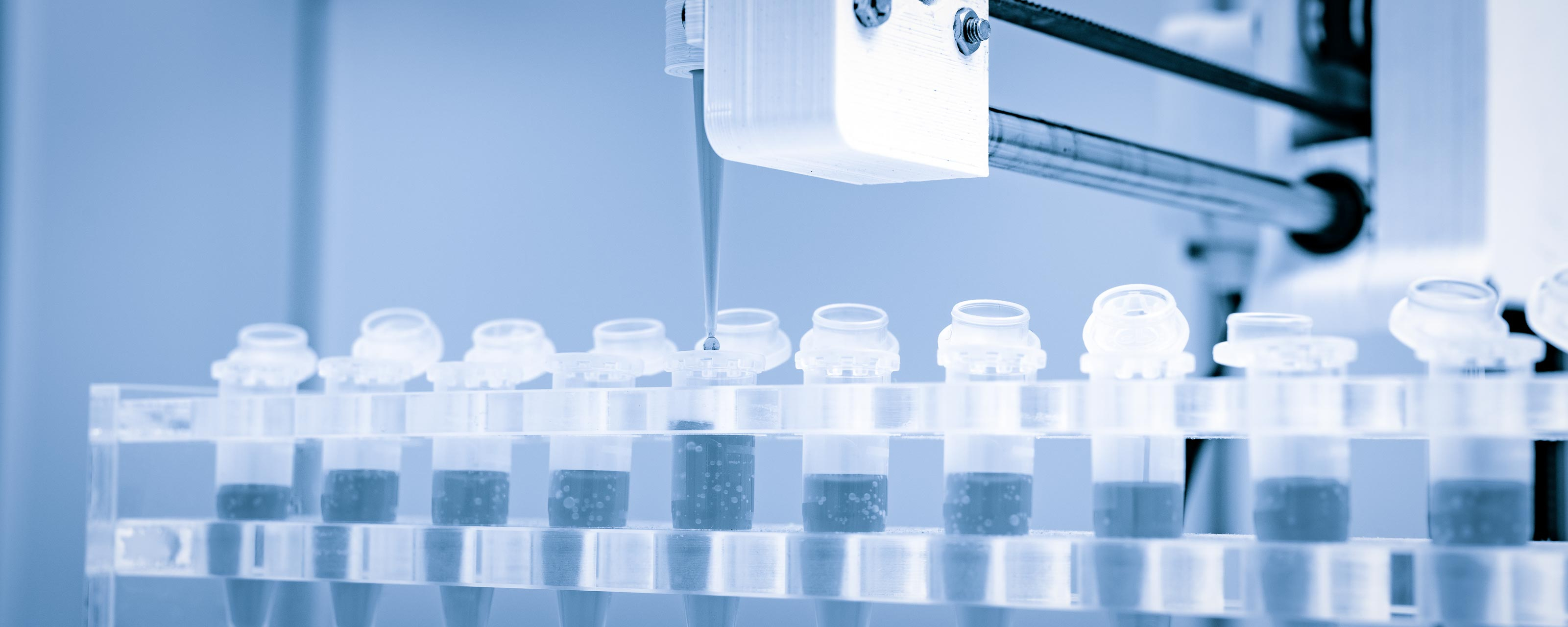SQZ Biotech: Putting the Squeeze on Disease
How SQZ Biotech’s novel platform enhances cells’ therapeutic potential

Sometimes, the biggest breakthroughs happen purely by accident. This was the case for Dr. Armon Sharei, who, while working on his PhD in chemical engineering at MIT, discovered a unique method that could change the field of cell-based therapeutics as we know it.
It was 2008 and Sharei was part of a team that was trying to find more efficient methods to transfer therapeutic compounds into cells. While investigating the team’s initial mechanism, he stumbled upon a new method, one that has landed him nearly 10 patents since. In 2013, Dr. Sharei founded SQZ Biotech, alongside MIT’s head of chemical engineering Klavs Jensen and serial entrepreneur Robert Langer, to bring this technology to market. He went on to be named to both Inc. and Forbes’ 2016 “30 Under 30” lists.
Alumni Ventures Group has participated in multiple rounds of funding for SQZ, most recently their 2019 Series D round. Our participation was led by Strawberry Creek Ventures, and included sibling funds Towerview Ventures, Triphammer Ventures, the AVG Social Impact Fund, and the AVG Total Access Fund. Strawberry Creek learned of SQZ through Professor Robert Langer. Fellow Berkeley alumnus Jonathan Fleming, Chairman of EnClear Therapies, is on the Board of SQZ.
The Science
Traditionally, scientists have used viruses to manipulate cells, but the SQZ (pronounced “squeeze”) method eliminates this viral middleman. A carrier cell is suspended in a solution of a target material, like an antigen (a substance that triggers the body to produce infection-fighting antibodies). The cell and antigen solution are then forced through a very small opening in the SQZ platform. This literal squeeze temporarily disrupts the carrier cell’s membrane, allowing the antigen to enter the cell. The membrane then reseals, effectively capturing the target antigen within the cell and arming it to fight an infection.
The technology has been used for over 20 cell types, demonstrating the potential to allow scientists to essentially engineer immunity and address numerous immune-related conditions, including cancer and autoimmune disorders. SQZ partnered with pharmaceutical giant F. Hoffman-La Roche in 2015 to speed development, and received FDA approval in 2019 to begin clinical trials of therapies targeting HPV.
The Future
SQZ’s transformative technology has received widespread recognition, including winning the 2013 MassChallenge startup competition, being named a “World Changing Idea” in 2014 by Scientific American, and being ranked as one of the top 15 biotech companies poised to change the world by Fierce Biotech in 2015. The team is developing the next generation of drug delivery and we can’t wait to see what the new decade has in store for them.